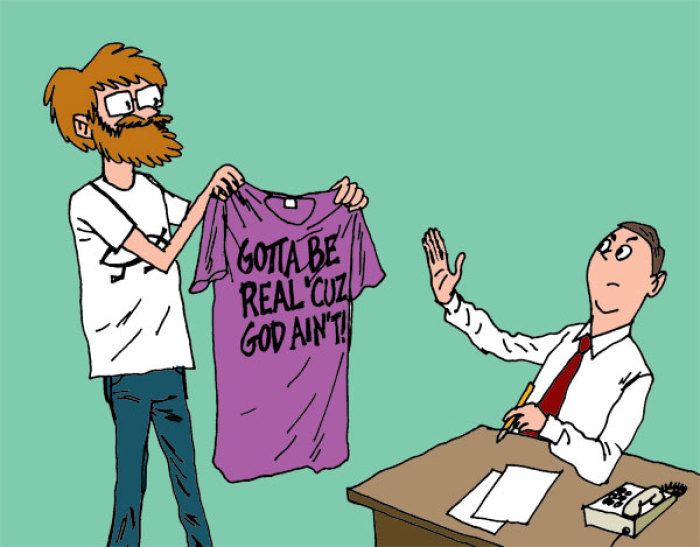Atheists Widely Distrusted, Even Among Themselves, UK Study Finds

Distrust of atheists is "deeply and culturally ingrained" among people, and even many atheists are not able to trust each other, according to a new study carried out by the psychology department at Nottingham Trent University in England.
Published in the International Journal for The Psychology of Religion, the study, "The Robustness of Anti-Atheist Prejudice as Measured by Way of Cognitive Errors," was conducted with 100 participants from the U.K.
They completed an online experiment in which the participants were asked to read a vignette describing the actions of an untrustworthy individual. They were then asked to make a judgment with regards to the untrustworthy individual's identity.
Half of the participants were asked to say whether it was more probable that the man was (a) a teacher or (b) a teacher and religious. The other half were asked to say whether they thought it was more likely that the man was (a) a teacher or (b) a teacher and an atheist, according to Research Digest.
According to the results, 66 percent said the man was likely a teacher and an atheist. The participants were asked the same question again after being informed about the proportions of the population who are religious or atheist, the Digest said, adding that the information made little difference in the participants' perception.
The study shows that "anti-atheist prejudice is not confined either to dominantly religious countries or to religious individuals, but rather appears to be a robust judgment about atheists."
A total of 43 percent of the contributors were atheist, 33 percent were Christian and the remainder belonged to other faiths, according to the Independent, which said the findings "suggest anti-atheist distrust is deeply and culturally ingrained regardless of an individual's group membership," and added that even many atheists were found to have an instinctual distrust of each other.
About 13 percent of people in Britain identify themselves as atheists.
Professor Leah Giddings and Thomas Dunn, who led the study, were quoted as saying, "Looking to the future, it is also important to explore how these perceptions and attitudes toward atheists manifest behaviourally, whether people act on these prejudices and in what contexts. It is only once the nature and extent of the issue is better understood that we can take measures to address it."




























